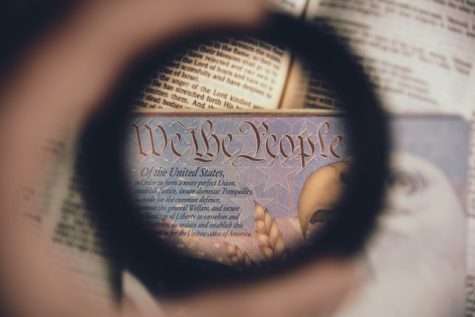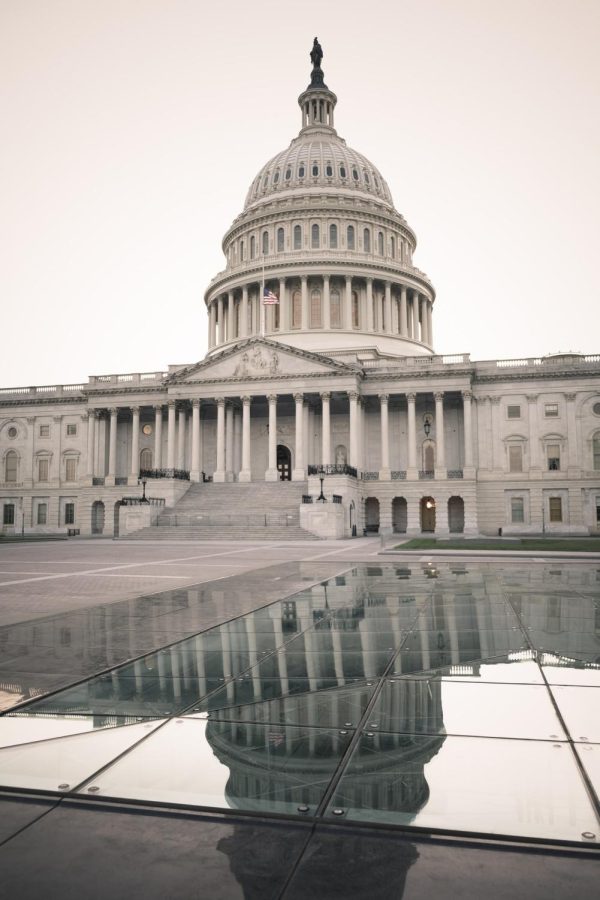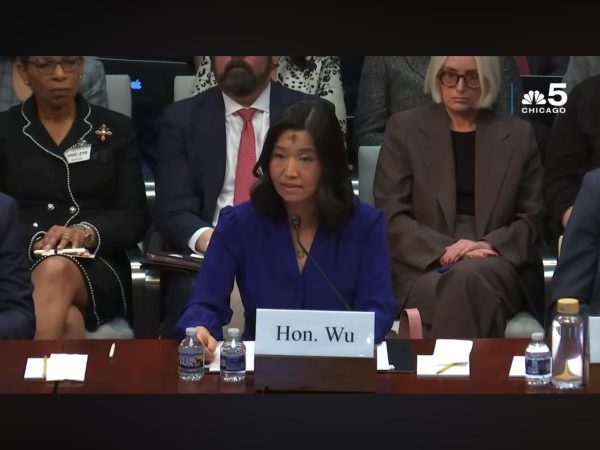Congress Must Declassify the Senate Report on CIA Torture
Photo by Sandy Torchon from Pexels
Photo showing the Capitol Building, where Congress decides on important issues.
On September 20th, 2001, US President George W. Bush announced the “War on Terror” following the September 11th terrorist attacks. One objective of this campaign was to procure intel on terror threats by any means necessary. It still hasn’t officially ended to this day.
The US most prominent intelligence agency in this “war,” the Central Intelligence Agency, engaged in various questionable acts to gain intel, one of these acts being torture. This caught the attention of the Senate Select Committee on Intelligence, with them approving the 6,700-page “Committee Study of the Central Intelligence Agency’s Detention and Interrogation Program.”
The report, approved in 2012, details the CIA’s various uses of torture in the War on Terror. However, only 525 pages of this report are declassified, and the remaining portion has still been classified.
For the sake of transparency and public trust in one of the nation’s most important intelligence agencies, Congress must finally declassify the full report on CIA torture.
According to President Bush, in July and August of 2002, the CIA began talks about its “enhanced interrogation” program with him. However, according to White House Counsel Alberto Gonzales, language referencing waterboarding was “revised.” At this time, the CIA had begun establishing “black sites” around the world, secret prisons to hold enemy combatants.
The public was only belatedly made aware of this in 2006 by the President, and the implications are stunning. “Enhanced interrogation” at CIA black sites could entail various torture techniques: attention grasps, walling, facial holds, facial slaps, cramped confinement, wall standing, stress positions, sleep deprivation, use of diapers, and use of insects.
In addition, there is no evidence whatsoever to corroborate “enhanced interrogation” being more effective than typical circumvention. Some prisoners were forced to stay awake for upwards of 180 hours, sometimes in stressful positions. Waterboarding was also used, with many occasions of prisoners near-drowning.

This was sometimes even done with no due process whatsoever, with prisoners being interrogated violently without trial.
The CIA and then-President Bush even contradicted each other regarding the revelation of torture. In the report on CIA torture by the Senate Select Committee on Intelligence, it was revealed top White House officials adamantly resisted a cabinet-level CIA brief and that CIA officials were not permitted to brief Bush until 2006. The CIA’s own records corroborated this.
On the other hand, in Bush’s memoir, he claims he “discussed the program [enhanced interrogation] with then-CIA Tenet in 2002.” This inconsistency is astounding and worrying.
Above all else, why would the President of the United States be ignorant to the behavior of the CIA, and why would they be restricted from briefing him?
But it doesn’t end there. In March of 2014, Senator Diane Feinstein accused the CIA of hacking into and searching the Senate Intelligence Committee computers, believing that it was done purposefully to spy on and/or impede their investigation into CIA torture.
In July, the CIA’s inspector general found that some of its employees did engage in wrongdoing, improperly searching Senate computers. The CIA’s then-Director John Brennan then privately apologized to the Senate Intelligence Committee for the occurrence.
The Justice Department never pursued charges against the employees (two attorneys and three IT staff members) who engaged in this act.
“The investigation confirmed what I said on the Senate floor in March,” said Senator Feinstein in response to the inspector general’s probe. “CIA personnel inappropriately searched Senate Intelligence Committee computers in violation of an agreement we had reached, and, I believe, in violation of the constitutional separation of powers.”
The CIA’s history with torture in the War on Terror is undeniably problematic within the agency, and around the whole country, but letting the CIA off the hook and refusing the declassify the whole Senate CIA torture report sets a terrible precedent.
Who’s to say they won’t engage in the same atrocious acts with little to no due process again? Why have we let partisan politics prevent us from knowing the plain-old truth about an agency that’s supposed to be protecting our country?
One may argue the remaining contents of the Senate’s report should stay classified for the sake of national security and for protecting what invaluable intelligence secrets we have, but the negatives outweigh that. There is an expectation that each part of the government adheres to the same laws, yet the CIA did not.
The CIA’s apparent refusal to reveal to the President what they were doing regarding torture, along with no accountability whatsoever for their unsolicited accessing of Senate computers, should be enough to warrant a full declassification of the torture report.
The CIA shouldn’t be afforded secrecy or utmost respect for repeatedly obstructing justice and common sense. The Senate report on CIA torture must be fully declassified; the CIA is not above the law.
Let your voice be heard. Write to your local senator and demand that Congress declassify its report on CIA torture.
Christos Meimeteas is in his sophomore year of high school at the HWRHS. This is the first year he has taken Journalism with Mrs. Burnett. He wants to...







